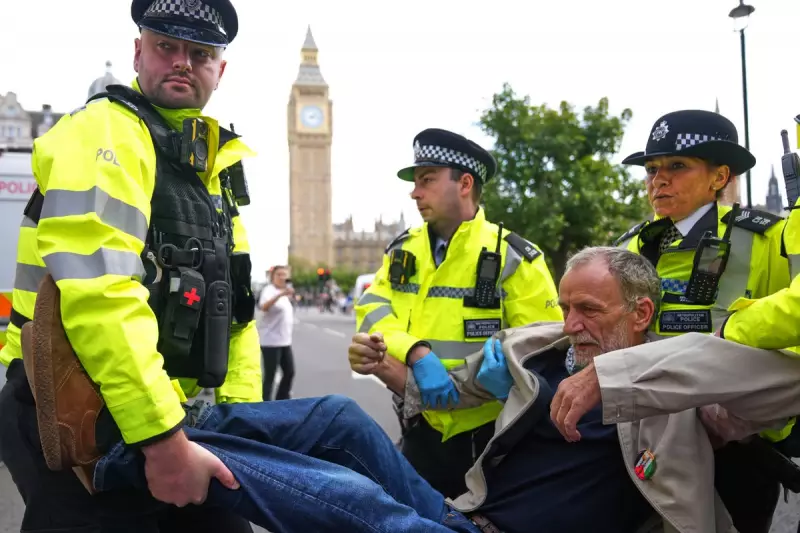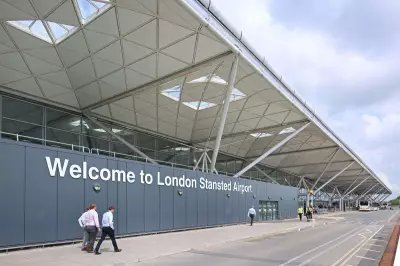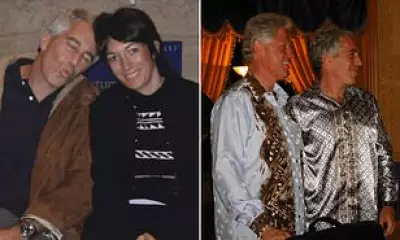
In a stark warning that strikes at the very heart of British justice, the head of the Metropolitan Police has declared that the centuries-old jury trial system is under unprecedented threat from the digital age.
Commissioner Sir Mark Rowley issued a dramatic plea to the government, urging ministers to criminalise jurors researching their cases online. He argued that the rampant 'Google and social media research' undertaken by jurors is creating a 'fundamental imbalance' in the UK's legal process.
A System Under Siege
Speaking with formidable authority, Sir Mark highlighted a disturbing trend: jurors are increasingly incapable of resisting the temptation to conduct their own digital detective work. This breaches their sacred oath to decide a case solely on the evidence presented in court.
"We've got to tackle this," the Commissioner insisted, his comments carrying the weight of the nation's largest police force. "We cannot have a situation where trials are influenced by unverified online chatter instead of cold, hard facts presented under the scrutiny of the courtroom."
The Chilling Effect on Justice
The consequences of this digital intrusion are dire. Sir Mark revealed that this misconduct is now a primary cause of appeals and collapsed trials, wasting millions of pounds of public money and retraumatising victims.
More alarmingly, he pointed to a growing number of instances where organised criminals and their associates are attempting to sway jury members through sophisticated social media campaigns, blurring the line between fair trial and trial by popular opinion.
A Call for Legislative Armour
Sir Mark's solution is clear and unequivocal: new legislation must be introduced to explicitly outlaw this behaviour. While contempt of court laws exist, he believes they are no longer fit for purpose in the social media era and lack the clarity needed to deter modern jurors.
This powerful intervention from the country's top police officer signals a critical moment for the UK's constitutional framework. It pits the ancient right to a fair trial by one's peers against the pervasive power of the internet, setting the stage for a monumental clash between tradition and technology.





